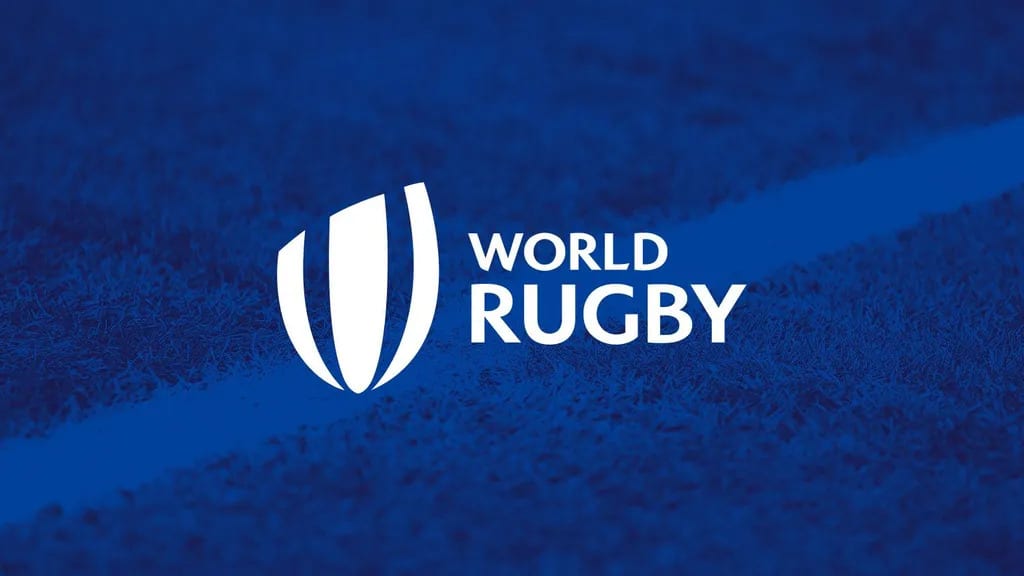Trans Athletes Allowed in French Domestic Rugby Despite World Rugby Guidance
The French Rugby Federation has ignored World Rugby guidelines against allowing trans athletes to compete in women’s rugby. The French Federation issued a statement saying its executive board unanimously voted in favour of the proposal from its Anti-Discrimination and Equal Treatment Commission. The move will allow transgender athletes to take part in all of France’s domestic competitions as of next season.
In October of last year, World Rugby approved updated transgender participation guidelines based on “safety and fairness” reasons.
“The physiological differences between males and females necessitate dedicated men’s and women’s contact rugby categories for safety and performance reasons. Given the best available evidence for the effects of testosterone reduction on these physical attributes for transgender women, it was concluded that safety and fairness cannot presently be assured for women competing against trans women in contact rugby.”
However, the guidance allowed for trans men to compete and for national unions’ discretion to allow trans women to compete in domestic competitions.
“The new guidelines do not recommend that trans women play women’s contact rugby on safety grounds at the international level of the game where size, strength, power and speed are crucial for both risk and performance, but do not preclude national unions from flexibility in their application of the guidelines at the domestic/community level of the game. Trans men are permitted to participate in men’s contact rugby.”
Serge Simon, the vice-president of the French Rugby Federation, said, “Rugby is an inclusive, sharing sport, without distinction of sex, gender, origin, or religion. It is important to allow all our members to practice their passion while respecting everyone’s rights.” Just two years away from the next Rugby World Cup, which will be held in France, the French Federation said the vote sends a “benevolent and resolute signal that respect for minorities is an irrefutable right in our sport.”
Athletes transitioning to their preferred gender need to provide proof that their civil record has changed while also demonstrating they have been undergoing hormonal treatment for at least twelve months.
The move comes shortly after it was announced that New Zealand transgender weightlifter Laurel Hubbard will potentially be the first trans woman to compete at the Olympics later this year.







